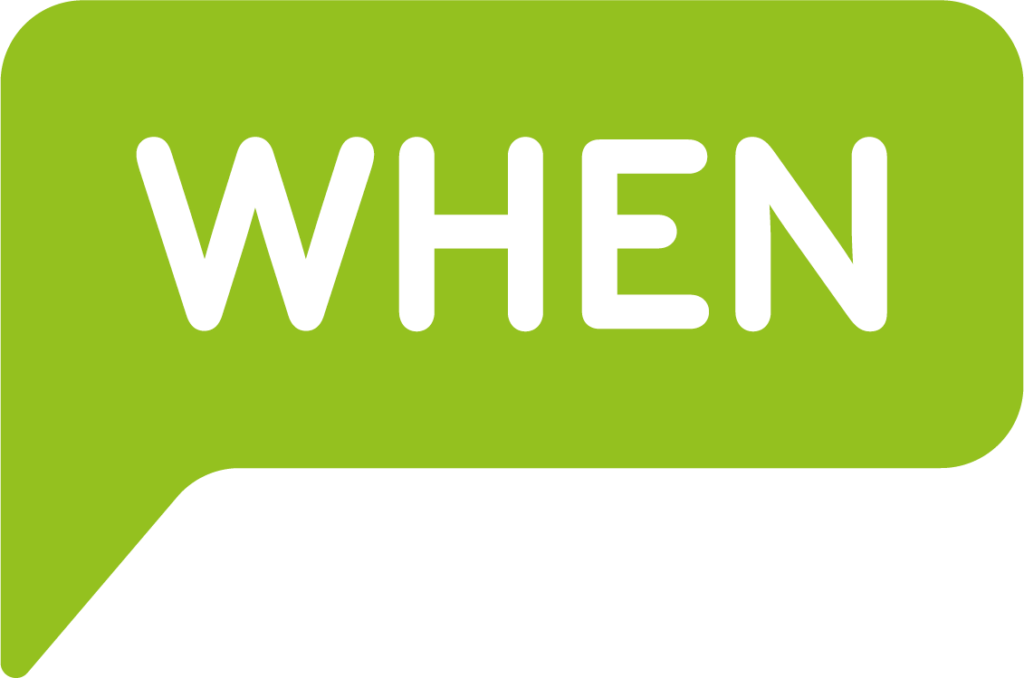Administration & Partnership Support Officer, Community Justice Glasgow
The Whos, whats, wheres, whens and whys? – What is Community Justice? – What does it do? – Who is it?
These are just some of the questions that our team are often asked. This article will provide an easy guide to the essential things you need to know about Community Justice Glasgow based on the things we are most frequently asked.
Top tip – Have a read at some of the articles across this Annual Report, it will give you a deeper knowledge and understanding of what we do and how. If you have any other questions just GET IN TOUCH:
Administration & Partner
Community Justice Glasgow (CJG) was established in 2017 to co-ordinate and deliver the arrangements of the Community Justice (Scotland) Act 2016 https://www.legislation.gov.uk/asp/2016/10/enacted. The team is the central point to a range of partners who work together to address the underlying and surrounding issues of offending and involvement in the justice system, and to ultimately reduce reoffending in Glasgow.
Question
Answer
1.
How do you reduce re-offending?

Fundamental to the approach is co-ordinated local planning and delivery of services on a partnership basis. The Community Justice Glasgow Team work across a number of priority themes (see the question 7 below), agreed by a range of stakeholders with an interest in Community Justice. The agreed themes are set out in our Community Justice Outcomes Improvement Plan.
We bring together the right partners and people with lived experience of the justice system, across the themes, to collaboratively plan and deliver the right services at the right time to the right people.
We act as a mechanism through which partners can share information across services and get in touch with wider audiences. We work together to identify gaps in services and agree how our work can be better delivered.
On a strategic level the Community Justice Partnership operates to allow partners to consider current issues and the best ways in which to address them. By working collaboratively we can produce strong working connections to provide the best range of services to those involved in or affected by the justice system.
For example, different partners may come together at different times to look at specific pieces of work, such as the current PHHAB partnership, which brings together services from Prison, Health, Housing and Benefits to provide a link with those due for release from prison, and address in advance of release some of the issues they may face, ensuring that when they leave prison things are in place to assist them to reintegrate back into the community and help them build protective factors against future offending behaviours and contribute towards desistance. This work delivers on our priority themes of Throughcare and Building Protective Factors.
2.
Who has oversight?

Locally the team sits within Community Empowerment Services of Glasgow City Council with oversight through direction from the Glasgow Community Planning Partnership Strategic Board, Safe Glasgow Group and Greater Glasgow & Clyde Health & Social Care Partnership Integration Joint Board.



Community Justice (Scotland) Act 2016 also established a new national body, Community Justice Scotland (CJS) to provide an independent professional assurance to Scottish Ministers on the collective achievement of community justice outcomes, and to work towards developing a hub for community justice innovation, learning and development.
3.
Who are your partners?

Partners include a broad range of statutory services:
- Glasgow City Council;
- Scottish Courts & Tribunals Service;
- Police Scotland;
- Skills Development Scotland;
- NHS Greater Glasgow & Clyde – Glasgow City Integration Joint Board;
- Scottish Prison Service;
- Crown Office & Procurator Fiscal Service;
- Scottish Fire & Rescue Service;
as well as a wide range of Third Sector partners such as:
4.
Where do we do our work?

The Community Justice Glasgow team itself is based within the Eastgate building at 727 London Road Glasgow, G40 3AQ. All partners will have their own work bases across the city.
As a Partnership our work is delivered in many venues and in many ways, this can include for example Community Engagement Events, in local community halls and venues, awareness raising events online – see for example Something to Lose, information events to Community Council Development Days, Elected Members briefings in City Chambers, knowledge and understanding events in Secondary Schools and Universities, providing financial inclusion updates to those working in prisons.
There are many places for us to deliver our work in conjunction with partners, we are always looking for ways to engage with new audiences, and our strength in partnership working means we can reach wider audiences and access new stakeholders, leveraging new resources into Community Justice to support people on their journeys away from offending behaviour. Often partner organisations will offer to host events and our team can also help source venues that may not be readily available outside our Partnership.
We also administer a range of core meetings to cover all themes of our work, which again are hosted across the offices of our partners throughout Glasgow.
During the Covid 19 pandemic our team, and indeed all partners, had to adapt very quickly to providing services and maintain connections in an online format to ensure clients’ needs were met. This has provided a new way of working and has again meant there is a wider reach for some of the services delivered. There are of course challenges to virtual services, such as digital exclusion, which is another area our team is working to address with partners in Glasgow Life, NHS and individual services.
5.
When do we deliver our objectives?

The easy answer to this is all day, every day.
Across the Partnership, services are being delivered to community justice clients from a range of services such as Prison Throughcare, Criminal Justice Services, Police Scotland’s Community Justice Hub, Peer Mentoring Initiatives, Victim Support Panels, Community Payback Services, to name but a few.
In terms of our team’s day to day work we focus on the delivery of actions arising from the Community Justice Outcomes Improvement Plan.
There will also be times when our work is more prominent, when we have a special focus on a certain area of work, such as Prisoners Week usually held in October each year, or via other events in the public domain.
We also have a strong social media presence on twitter @CJusticeGlasgow
6.
Why do we do what we do?

This is probably the broadest question we get asked and one that covers the overall ethos of the CJG Partnership.
Partners agreed early on, on a vision statement which reads:
“Glasgow is a safer place where reoffending is reduced, the impact of crime is mitigated and all citizens have equal opportunity to thrive. We will achieve our vision through continued partnership working and taking effective action on our key themes.’’
And following on from this created the Community Justice Outcomes Improvement Plan and Action Plan to drive forward its work in meeting its vision. These are based on the strong foundation of a plethora of evidence, summarised for example, in What Works to Reduce Re-offending, that tells is that this approach delivers Smart Justice – one where dealing with the underlying drivers and root causes of offending behaviour are the focus for reducing the risk that vulnerable people, with complex needs, will re-offend.
